Mission and finance –step out of the boat!





03 - Editorial
04 - Trusting God to meet your needs
05 - How can churches financially support mission?
06 - Perspective
07 - GO! News of Africa’s mobilising Church
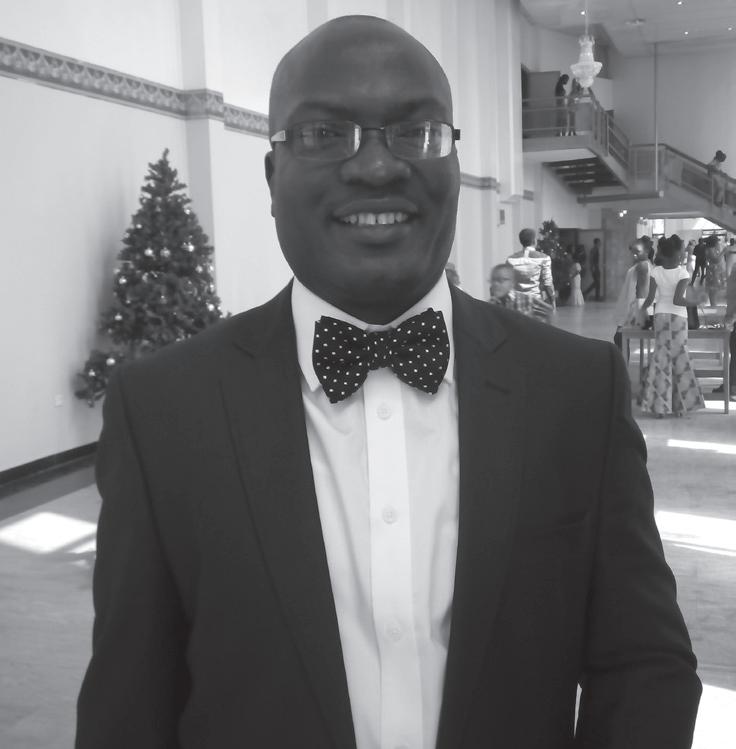
08 - Why we GO - People Groups
Cover: Members dance their offerings up to the altar during this church service in Ghana. (Cover photo and photos on pp 4 and 8 by Joni Byker)
The views expressed in the various features in this magazine are not necessarily those of the publisher.

© 2016 AFRIGO. AFRIGO is a quarterly publication aimed at raising awareness, mobilising, training and inspiring churches and individuals in Africa towards global mission.
Editor: Suzanne Green
Design: Shelbey Hunt
Stock photos are occasionally used. Pseudonyms are used when there are security concerns.
AFRIGO: info@afrigo.org
AFRITWENDE: afritwende@afrigo.org
ALLONS-Y ! : info@afrigo.org
AFRÍDE: afride@afrigo.org
SIM East Africa:
Tel: +251 911 206 530 east-africa.office@sim.org
SIM West Africa:
Tel: +233 30 222 5225 wamo.personnel@sim.org
SIM Southern Africa:
Tel: +27 21 715 3200 za.enquiries@sim.org
AIM International amc.io@aimint.org www.aimint.org/africanmobilization/
Raising financial support is an offering of trust given to God. It may feel intimidating to ask for resources. Remember that God alone is in charge of the result.
How everyone can share the blessing of contributing to their missionary’s needs.
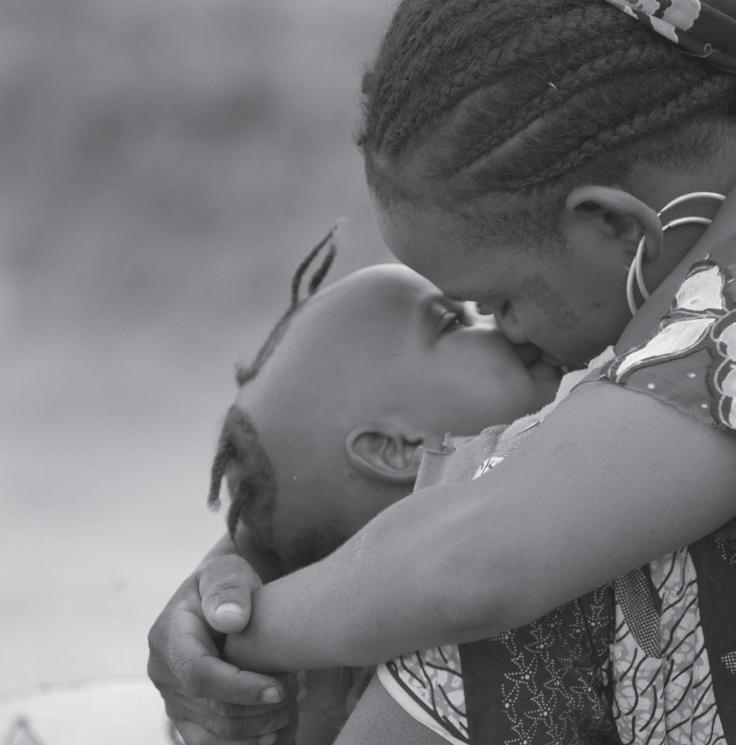

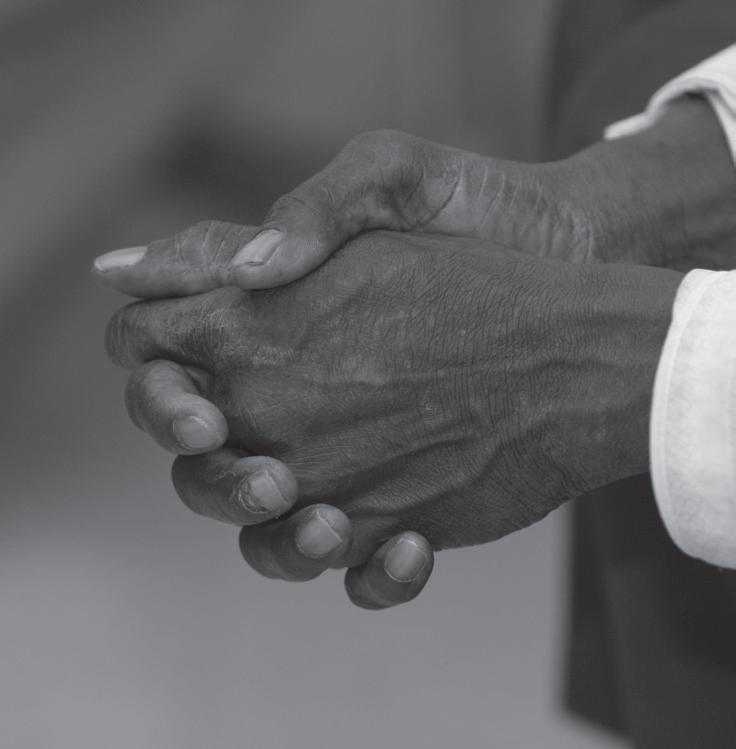
Are we regularly looking for opportunities to make a difference? There is joy in giving our time, talent and treasure.
Fistula occurs in places where prenatal care is non-existent and Caesarean sections are unavailable. Many thousands of women suffering from this condition desperatelyneedhealing,acceptanceandthe gospel.
In Matthew 14 Jesus appears to his disciples, walking on the sea as a storm rages. As the terrified disciples cry out in fear, Jesus reassures them, “Take courage. It is I; do not fear.” Peter responds, “Lord, if it is you, command me to come to you on the water.” Jesus replies with a single word: “Come.” He invites Peter to cross an impossible barrier, to walk on water.
As far as we know, and looking at this account, Peter was the only one ever to experience the miracle of walking on water, apart from Jesus himself. All the other disciples stayed within the safe edges of the storm-tossed boat. While they witnessed the miracle of Christ walking on water, they never ventured out of the boat to experience it for themselves; only Peter did, sharing that unique experience with our Saviour.
We have been told that Africa is a poor continent, and indeed sometimes we’ve found it convenient to adopt a poverty mentality that says that we have so little to give and so little to contribute to the rest of the world. We may still consider ourselves receivers rather than givers when it comes to global mission, even though our Lord made it clear, as stated by the apostle Paul, that “it is more blessed to give than to receive” (Acts 20:35). It seems that it has not yet sunk in that Africa is currently host to the largest Evangelical population in the whole world. We forget the historical fact that many of the so-called rich countries that have been giving and sending missionaries for many years were once poor in comparison to today’s Africa.
It was said that in the 1930s, at the height of the Great Depression, SIM’s Director Rowland Bingham asked the SIM missionaries in Africa whether, in view of the prevailing economic situation, SIM should stop sending
new missionaries. The response was that SIM should send more and more missionaries despite the current circumstances: it was like walking on water in a storm.
The natural circumstances were contrary to further mission expansion. Human instinct was to play it safe and remain in the harbour, to keep what we had, and to avoid risks. But SIM took risks because we knew the one who was calling us, inviting us to come. The Mission stepped out on the water of uncertainties, and the outcome was that we never ceased to find the resources to send new missionaries throughout the Depression.
“Come” is an invitation to commit, an invitation to trust, and an invitation to act. In addition, it is an invitation to experience the Saviour in a new dimension of who He is. As long as Peter fixed his eyes on Jesus, all was well. But the moment he shifted his eyes to the churning seas, he began to sink. The conditions never changed, but Peter’s focus did.
Economic circumstances are not a hindrance to the gospel, but God’s people can be. Staying in the safety of a boat when Christ is inviting us to come to where He is already walking on water prevents us from fully experiencing who
He is. Keeping our eyes on the storm, instead of the Lord of Lords, will give us a sinking feeling. We are called to step out even when we have uncertainties or doubts, we are invited to come even when we have fears. Safety is not in the boat; safety is with Jesus.
If we ever find ourselves sinking because of doubt, having stepped out in obedience, the Lord will be there to take our hands with that gentle rebuke “why did you doubt?” Until we step out, we cannot experience Jesus on the open water of a storm-tossed sea.
It is time we stop focusing on the waves of our economic and personal needs and the storm of our political and family circumstances. It’s time for us to stand up – even in an unstable boat –and cry out, “Lord … bid me come to you.” It is time to rise up and cross barriers to those who will otherwise live and die without the good news of our Saviour and Lord Jesus Christ.
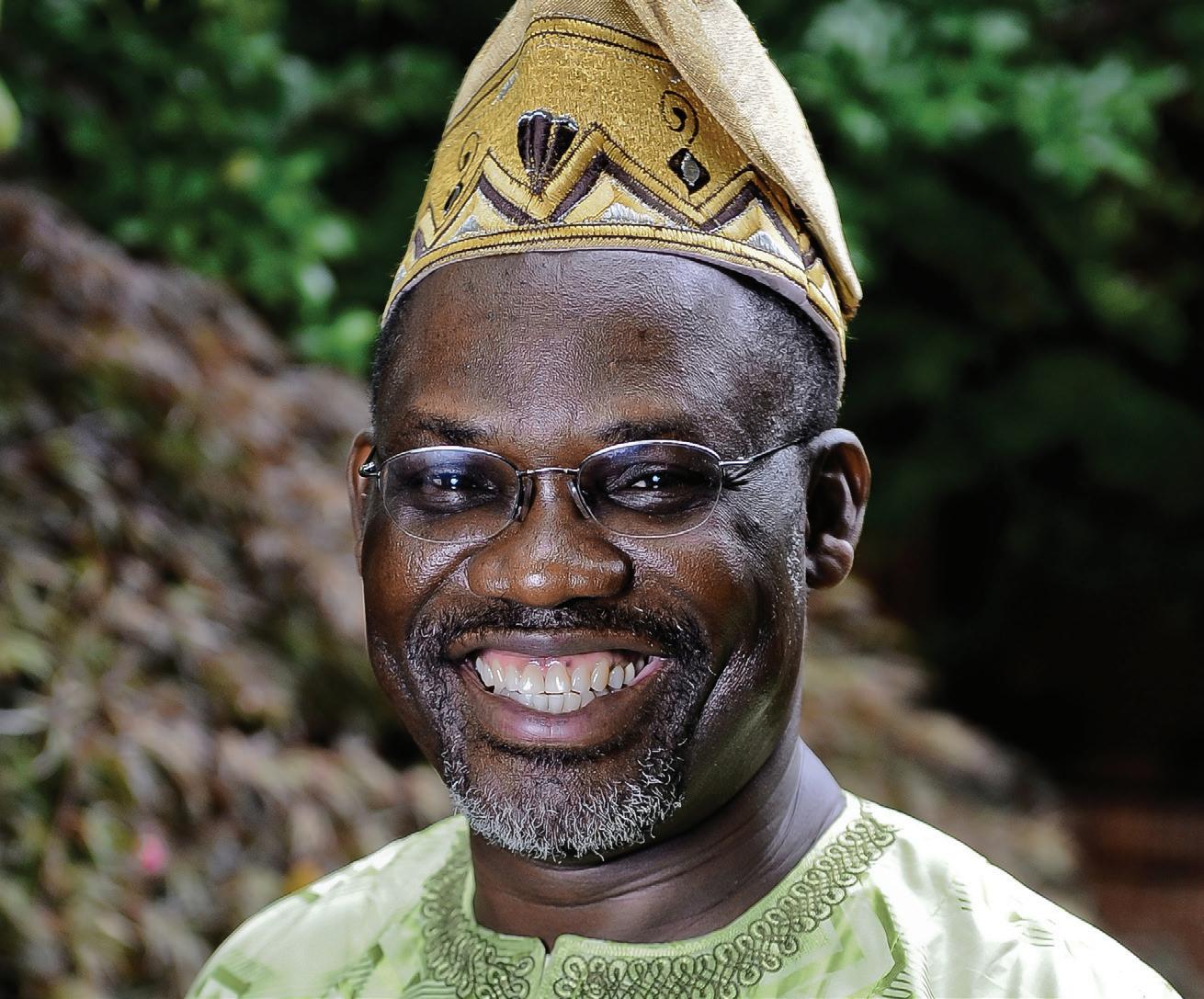
Today in Africa there are many churches – even small ones – that are sending or taking steps towards sending missionaries. A giving church is obeying God’s commandment to take the gospel to the ends of the earth. But what if your church is not yet giving financially to mission? Or not giving with zeal and generosity?
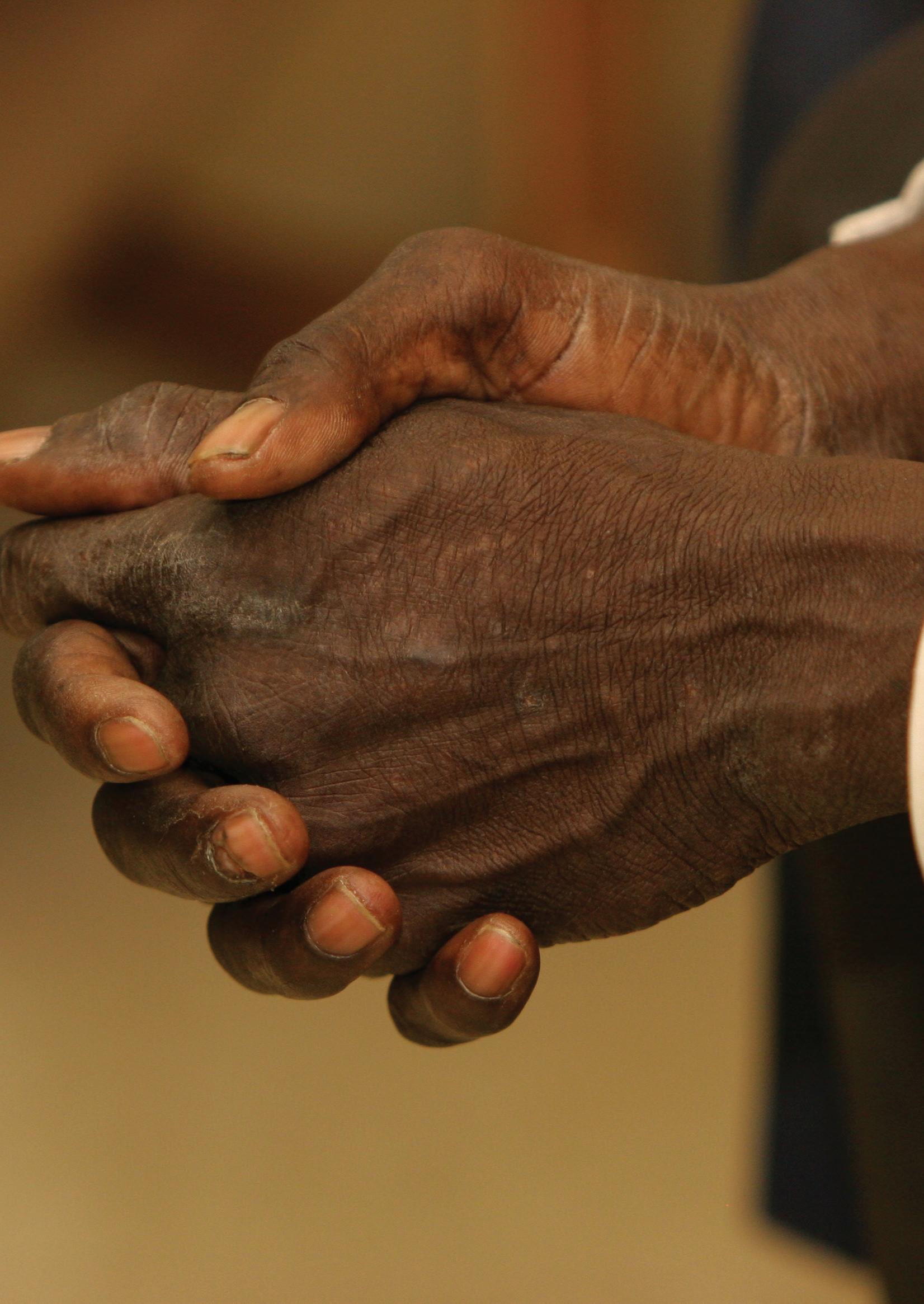
If God is calling you to serve Him in mission, that calling begins immediately, not at some future date when you step foot in the “official” mission field. Your assignment has already begun. And your first task may be as a missionary ambassador to your church, helping your brothers and sisters in Christ to catch a vision for the nations. This is not something to get out of the way: it is part of every missionary’s lifelong role. God’s priority is people. So He calls us into relationships with others. One of the best ways to raise support is through relationships. Your good relationships with other people will inspire them to collaborate with you in fulfilling God’s kingdom work. There are no spectators in his mission! And if the Lord is sending you, He will help you to raise up a team who will be with you, praying and supporting you through the whole process.
Sometimes it is prudent to arrange a mediator who can represent your financial and prayer needs to your church community. This is also a legitimate way forward. At times Jesus sent his disciples ahead to make arrangements for him. He relied on helpers and friends many times during his earthly ministry, and so can we.
If speaking to your pastor or church about your missionary call – and their missionary mandate to send – seems impossible, then remember this: You have joined the ranks of those who are privileged to receive from God an impossible task. He loves to show us that with Him, all things are possible. Welcome to this special group of Christ-followers who are called to do the impossible!
God may allow you to undergo the process of raising financial and prayer support to fortify your character, to develop perseverance and peaceful trust. As a missionary, you will encounter antagonistic people who do not want to hear about Jesus, and are hostile towards the gospel. So use every opportunity now to dig your roots deep into the foundation of your identity in Christ.
What is your identity? You are a masterpiece. “For we are God’s masterpiece. He has created us anew in Christ Jesus, so we can do the good things He planned for us long ago” (Ephesians 2:10). Remember, you are not fighting for victory in fundraising; you are fighting from victory. You are already a missionary and a masterpiece!
During a great famine in the land of Israel, a poor widow was asked to take the last of her oil and flour to make bread for the prophet Elijah (1 Kings 7). In obedience, she did this, though it was all she had. And the jar of oil and handful of flour were not used up. Each day, there was enough for another meal for the prophet, the widow and the boy. At times, though our resources are meagre, God invites us to give them
all to Him. And every day, our scanty resources are replenished; they are sufficient. One day, God sent the rain to Israel and the famine ended. Finally, food was plentiful again.
We may experience a famine of resources and not understand why: the answer lies in the spiritual realm, where we cannot see. Our resources are not multiplied into great abundance, but simply renewed each day. In this we can find contentment until the rains come. Take heart!
Raising financial support is an offering of trust given to God. It may feel intimidating to ask for resources. Remember that you are not in charge of the result. God alone is in charge of the result. You are in charge of your jar of oil and handful of flour. So bake bread for your Heavenly Father. He is in charge of the rain clouds. And he is in charge of you, his missionary masterpiece.
What does the Bible say?
Does Scripture encourage us to support Christian workers? What does it say about making our needs known?
Examine the following verses:
Exodus 25:1-2;
Deuteronomy 16:17
1 Kings 17:1-16;
Nehemiah 2:1-8;
Matthew 10:5-15; Luke 8:1-3; 10:1-8; 16:10-11; 21:1-4; 1 Corinthians 9:1-18;
2 Corinthians 9:7
Philippians 4:10-20;
2 Thessalonians 3:7-9;
1 Timothy 5:17-18; 3 John 5-8

Once when I joined a missionary family for their commissioning day at a rural church, a middle-aged gentleman stood up and said, “Why must we share in supporting this family with other local churches? We can fully support them. We have been giving from our pocket. But we’ve not yet given from our cattle, our trees or our grain. We have not yet given our blood. We have to support them by ourselves.”
Although it is quite acceptable for churches to pool their resources to support a missionary, I was encouraged by this man’s words. Such desire and eagerness to wholeheartedly give to mission encourages me to press on in my job of facilitating the sending of missionaries globally.
In my role with the Ethiopian Kale Heywet Church (EKHC), I regularly visit churches that support missionaries. And I always have a couple of questions for them: How do you raise such a large amount of money from this small, rural congregation? What blessings have you received since you started supporting missionaries? The answers I get are astounding.
The secretary of a district church told me, “We never lack money when we ask for funds for mission.” Therefore they are bold when they ask. Although the members don’t share the same standard of living, everyone wants to share the blessing and contribute in different ways.
All EKHC missionaries are supported by local churches. Usually two churches join together to support a missionary family, although a few churches fully support a family by themselves.
The churches have been creative in coming up with different ways to fundraise. These include: Christmas and Easter gifts: Some churches fundraise once a year during the Christmas celebration. Prior to this, the leaders assign each family an
amount of money to raise, according to their income level. For example, Yirgachefe Town Church is supporting missionaries Getachew and Tibarek in South Sudan in this way. Other churches raise funds for missions twice a year, at Christmas and Easter. Many of the national cross-cultural evangelists from Dilla area are supported by funds collected in this way.
Wongel Mahbertegna (Gospel Association): The vision for this practice came during the communist regime, when the Church in Ethiopia was suffering from persecution and therefore needed a new strategy for mission. The biblical reference for this vision to send missionaries to the least reached parts of the world is found in 1 Corinthians 9:23 “Now this I do for the gospel’s sake, that I may be a partaker of it with you.” (NKJV)
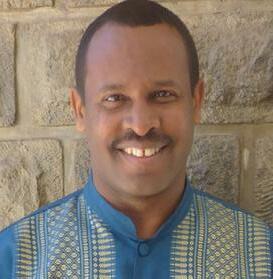
Mission mobilisers encourage church members to decide how much money (in addition to their tithes and offering) they will contribute to mission each month. When someone registers with Wongel Mahbertegna, they are given an ID card that shows they contribute money for mission every month. It is by this method that most missionaries are supported.
Yewongel Sink Satin (Provision box for the gospel): Some churches provide a small box that serves as a bank. Each member takes one home, and the family uses it to help them save money for the gospel. The box is locked and the key is put in the church.
Family members collect offerings during their worship times and put the money in the box. Then every month
these mission banks are brought to the church for the Lord’s Supper day. The missions committee opens the boxes, counts the money and writes receipts. To encourage the members to give more, the one who has saved the most is rewarded.
Group labour: Some of the church members, especially those who cannot afford to give, form a group and work as day labourers. They contribute the income they earn for mission.
Fasting and saving: Some churches fast and pray regularly for mission. They bring the money that they would have spent on food to the church in order to support their missionaries.
Shoe shine: Church youth groups shine shoes on Sundays at the church gate. Because the members know how the money will be used, they pay more for this service. And the funds go into the missions account.
Pledging: At special occasions, such as Missions Day, believers pledge money or possessions (coffee trees, cows, sheep, goats, trees) for mission.
Small businesses: Rural churches have built houses in the town which they rent out so that the money can be used to support missionaries.
There are undoubtedly many other ways that churches can raise funds to support their missionaries, if they have a heart to. What can your church add to this list?
The origin of missions as emanating from Old Testament, or exclusive to the New Testament after the birth of the early Church, remains debatable. But let us accept that the itinerary and ministry of Elisha described in II Kings 4:8-17 fits the profile of a 21st century missionary. The question then is: Whose responsibility is it to care for Elisha? Who should God depend on to cater for missionaries?
Stories about Elijah and Elisha clearly suggest that they depended on structures enabled by God for their needs to be met. It is likely that, given their many exploits, people cared more for what they could get out of these prophets (missionaries) than what they could do to help them. Stereotypes abound today when we think of missionaries. Those who have foreign affiliations are expected to come with a lot of foreign money and “share” with the locals. Indigenous missionaries are sometimes perceived as beggars, and many churches are not very open to supporting missionaries who are not from their fold.
The family in this story is not given to stereotypes. The wealthy woman and her family took the initiative to make their resources available to Elisha by offering him a meal after a tiring journey. Inviting guests, or better put, strangers, to meals appeared to be the norm for this family, such that “no, thank you” was not an acceptable response.
The woman persuaded (subtly forced) him to eat! (verse 8a) Wow! She
is giving away her meal and she was not ready to take no for an answer. What a generous spirit! Elisha soon became a regular guest in this home, whenever his itinerary allowed. The generous family built him a guest chalet, freely releasing their resources to help an itinerant minister. They were thorough in their efforts to provide him with a comfortable stay.
Every local church, irrespective of location, has been endowed by God with time, talent and treasures to cater for the needs of missionaries. Church leaders are encouraged to open up to the missional God, accepting whomever He sends to them. The service they render is primarily to God, for the benefit of the missionary and the mission agency.
The generosity of this family is born out of freewill and primacy of service. What amazing freedom they enjoyed in their giving. Similarly, individuals, families and churches should give in order to add value, rather than focusing on what they get back. It is important to note that this couple took the initiative to give, not because they were asked, but because they were always looking for opportunities to make a difference! This virtue can be emulated by all, regardless of culture or circumstances. Here are some ways churches in Africa can support missionaries today:
Create a mission fund: The starting point for engagement in mission by
any local church is to create a missions budget and possibly appoint a committee to manage the resources.
Decide who will benefit: The committee, on behalf of the local church, should prayerfully choose a missionary or mission agency that needs any kind of support or act of kindness. It may involve the use of time, talent or treasure. Money is not the only need in the lives of missionaries. As a local church or individual families, you may want to make a visit, buy a gift, offer a service, provide counsel and/or encouragement, give a donation, pray or offer a meal.
Support on a regular basis: It is very challenging when missionaries are treated with disdain by churches in respect to support. You do not need to wait until you receive a letter of appeal to make a donation.
Challenge your members: The mission enterprise is not for select church members. It is everyone’s responsibility. Information can be made available to the congregation through the promotion of mission on a yearly basis. A Sunday service can be set aside each year to receive news about mission globally and inform the congregation about the different ways they can actively participate.
Kehinde Ojo is IFES Program Director for Indigenous Support Development. Contact him at: kehinde.ojo@ifesworld.org
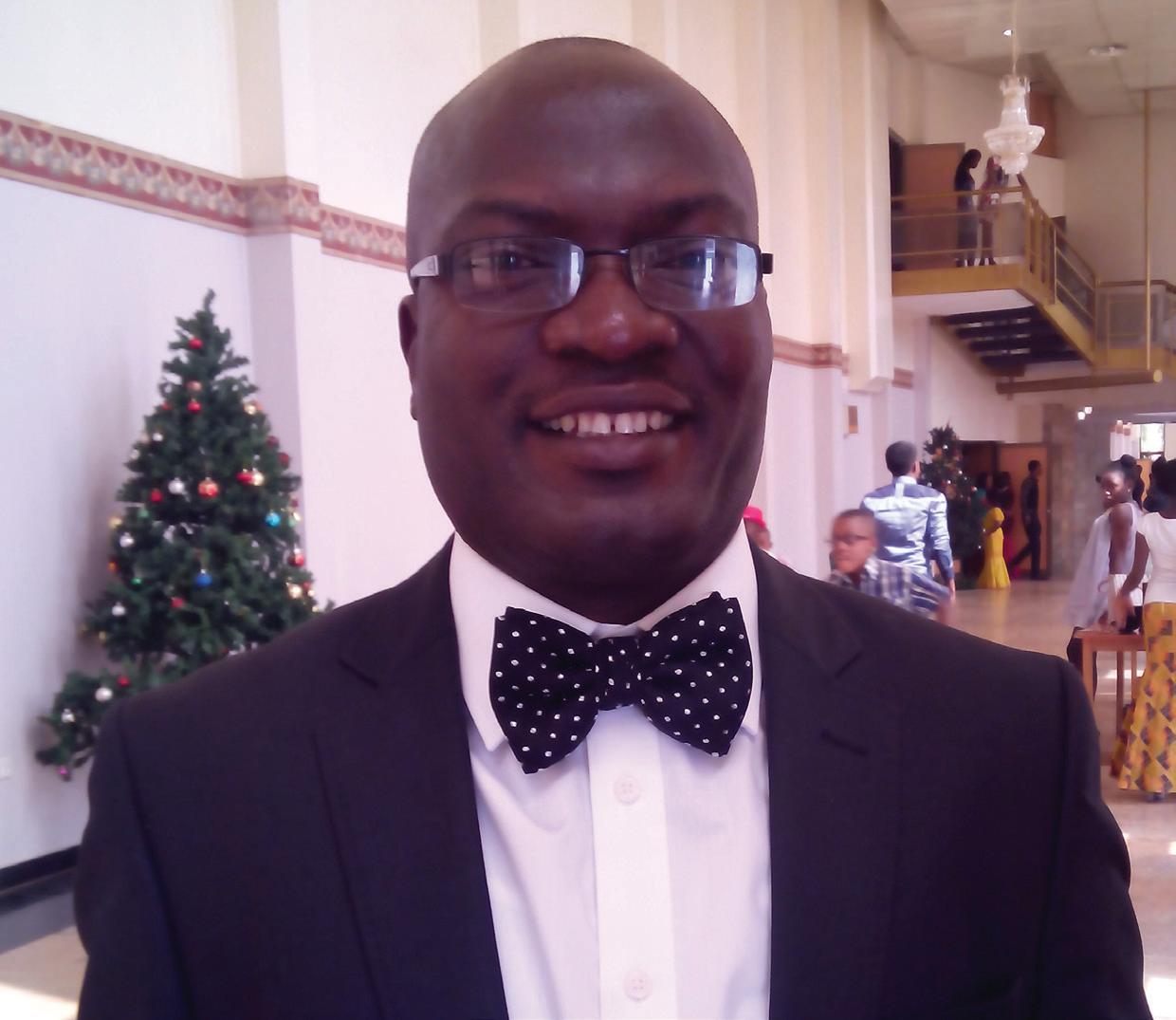
For the past 100 years, the Mizo people from Northeast India have given offerings for mission from what they have: rice. Every time they prepare a meal, the women take a handful of rice from their supply and set it aside so that the church can sell it to help the community and send missionaries.
The Mizoram Church is known worldwide as a mission church because of its sacrifice and creativity in giving. They don’t have many resources. But they say that God has given them a big resource, healthy bodies to work, and from this blessing they can give. Let this short video inspire you and your church. Go to: http://vimeo.com/16288195
Organisers are excited about the launch of the Uganda Evangelical Missions Association (UEMA), expected to take place Saturday, 4 March 2017 at the Synod Hall in Namirembe.
The new association will encourage evangelical Christian mission entities to connect, communicate and collaborate, and will promote disciple-making, in fulfillment of the Great Commission.
It will be a platform for facilitating ongoing conversations important to mission, an environment for educating, and a colloquium for sharing opinion and learning based on diligent study and faithful proclamation of God’s Word.
The UEMA will assess training needs among Ugandan Christian workers, and establish networks to provide the needed apprenticeships. It will facilitate the sharing of resources, information and news about mission events happening around the world. It will be affiliated with the Africa Missions Association (AfMA), established in Ghana in 2013.
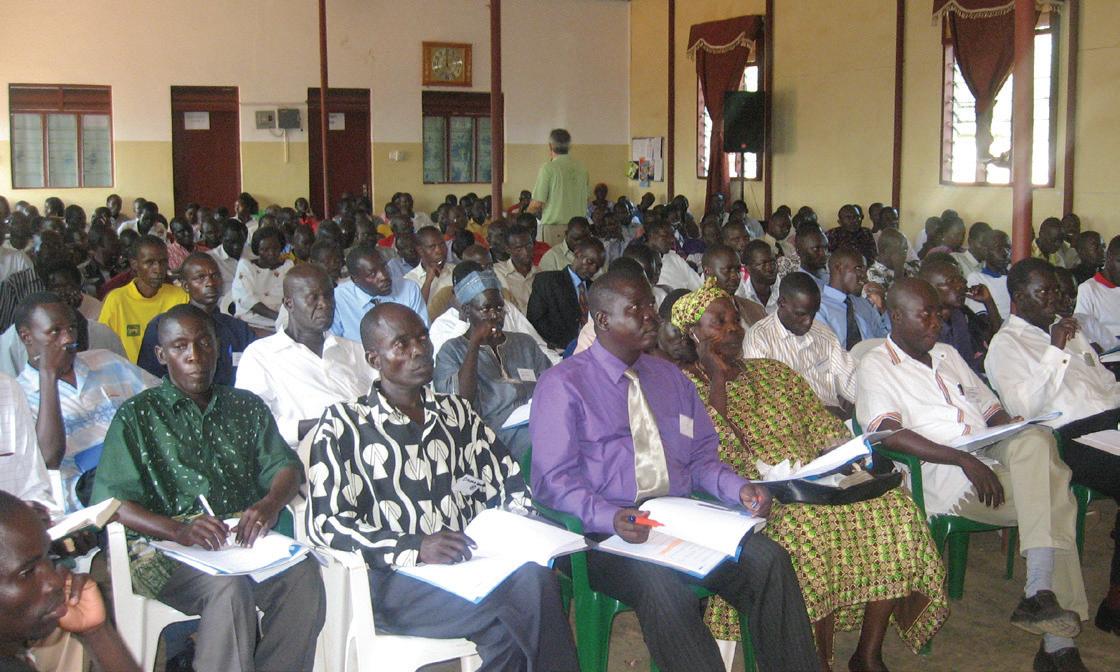
The main convenor and sponsor of UEMA is The Proclamation Task (www.proctask.org). Participating organisations at the core of rallying others are: Fellowship of Christian Unions (FOCUS), Africa Center for Apologetics Research (ACFAR), African Evangelistic Enterprise (AEE) and Global Link Africa (GLA). A further 16 mission agencies (both local and foreign) have also been involved in this initiative.
You can contact Dr. Julius D. Twongyeirwe by email at: juliustwo.proclaim@gmail.com for more information.
We explore how professional skills, background, and training can be harnessed for mission. Is there a place for you to serve using your particular vocation?
Do you have questions about the theme mentioned above or perhaps other missions-related topics? Let us hear from you! What topics would you like AfriGO to cover? We would love to have your input, so that we can make the magazine as relevant and comprehensive as possible. Please send your questions and ideas to info@afrigo.org so that we can serve you better.
The Institute for Christian Impact (ICI) and partners launched the first in its series of “Christian Witness in the Public Arena” seminars 10-16 July 2016 at the Hephzibah Christian Centre in Peduase, Ghana. In attendance were 56 delegates, drawn primarily from the West African countries of Benin, Burkina Faso, Ghana, Liberia, Nigeria, Côte d’Ivoire, Sierra Leone and Togo, as well as guests from Uganda, Burundi and Zimbabwe. At the end of the week, anti-corruption activist Bishop David Zac Niringiye from Kampala, Uganda, delivered a lecture on “The Moral Quest for the Soul of Our Nations.”
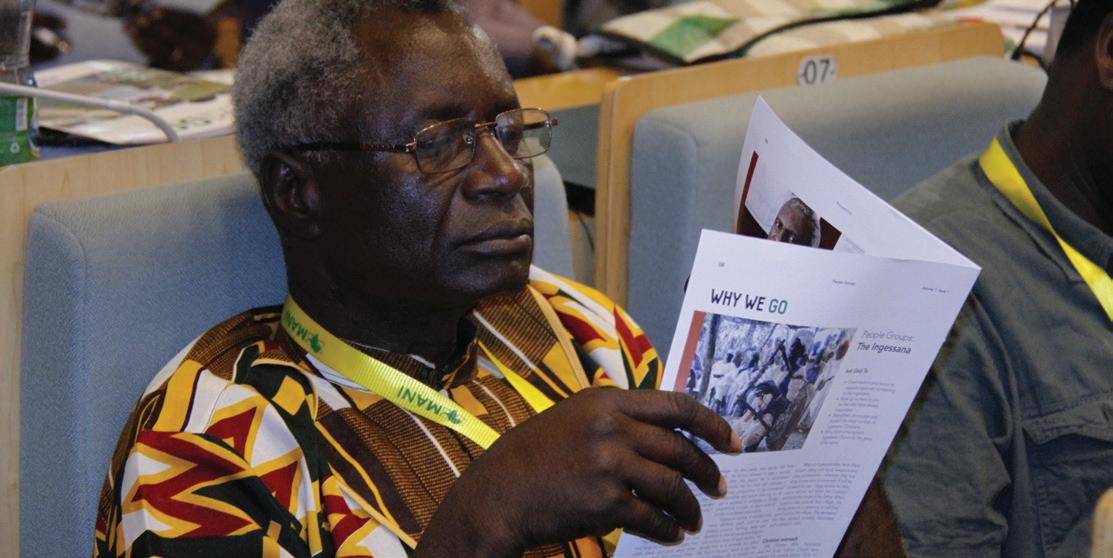
ICI’s Executive Director, Femi Adeleye, says, “Called to be both Christian and African under the Lordship of Christ, we must not relent until what we profess and live out as faith undermines all aspects of stereotypes, real or imagined, as well as remnants of the status quo of corruption, bad governance, environmental degradation, marginalisation of women and children and incessant conflicts that displace our people from their homes.” This event reflects ICI’s desire to challenge Christians to bring their faith to bear on life in the public arena. Mission is not solely about a conversion experience: the heart of mission is to see people and societies transformed by the gospel.
The vision of ICI is to see the African Church engaging biblically and effectively with the complex realities of the African context. It exists to mentor and equip leaders to meet the needs and challenges of the growing Church and to meaningfully bear effective witness by integrating faith and life. It seeks to help Christians to “walk the talk” of what it means to follow Jesus in everyday life. You can email ICI at info@icimpact.org, or you can visit their Facebook page at http://bit.ly/2elsmlt
At 15 years of age, Aïsha is a mother. This is not so unusual in the context of her country, her people, or her village. What is uncommon is that, rather than experiencing joyful days of watching her newborn son grow and develop, and sharing milestones with her husband and the village, Aïsha finds herself isolated and lonely.
She has been unable to control her bladder since the delivery. She smells bad. It is unpleasant to be near her. As a result, her husband has divorced her. The village wants little to do with her. She lives with her son in a dilapidated hut on the fringe of the village, her mother occasionally bringing food and conversation. She lives a secluded existence in an otherwise communal society.
Aïsha belongs to a “hidden people group”. It is not a group joined at birth. But its members share some distinctives, particularly that of being invisible. Forgotten at the margin of society, Aïsha is isolated from the life she loved as a girl. Why?
She gave birth before her body was fully developed. Her pelvis was not yet ready to accommodate the baby’s head, destroying tissue between her
uterus and bladder. A hole (or obstetric fistula) was the result. The operation Aïsha requires is not widely practised.
Fistulas are the tragic result of various practices (female circumcision) and customs (teen marriage). In their various forms, fistulas occur wherever prenatal care is inaccessible and Caesarian sections are unavailable. Often women have no options for transport to appropriate medical facilities.
Though data on invisible women is difficult to quantify, the number suffering from fistula is significant. In Niger, for example, recent research estimates 625 new cases of fistula each year, pointing to as many as 30,000 women currently suffering in this country alone.
The emotional trauma of rejection from their communities and loved ones can be a heavy burden to carry. Fistula is not contagious, but the stigma experienced by its victims resembles that suffered by the survivor of a deadly virus. Driven away, and forced to hide their condition, women with fistula endure pain and fear every day.
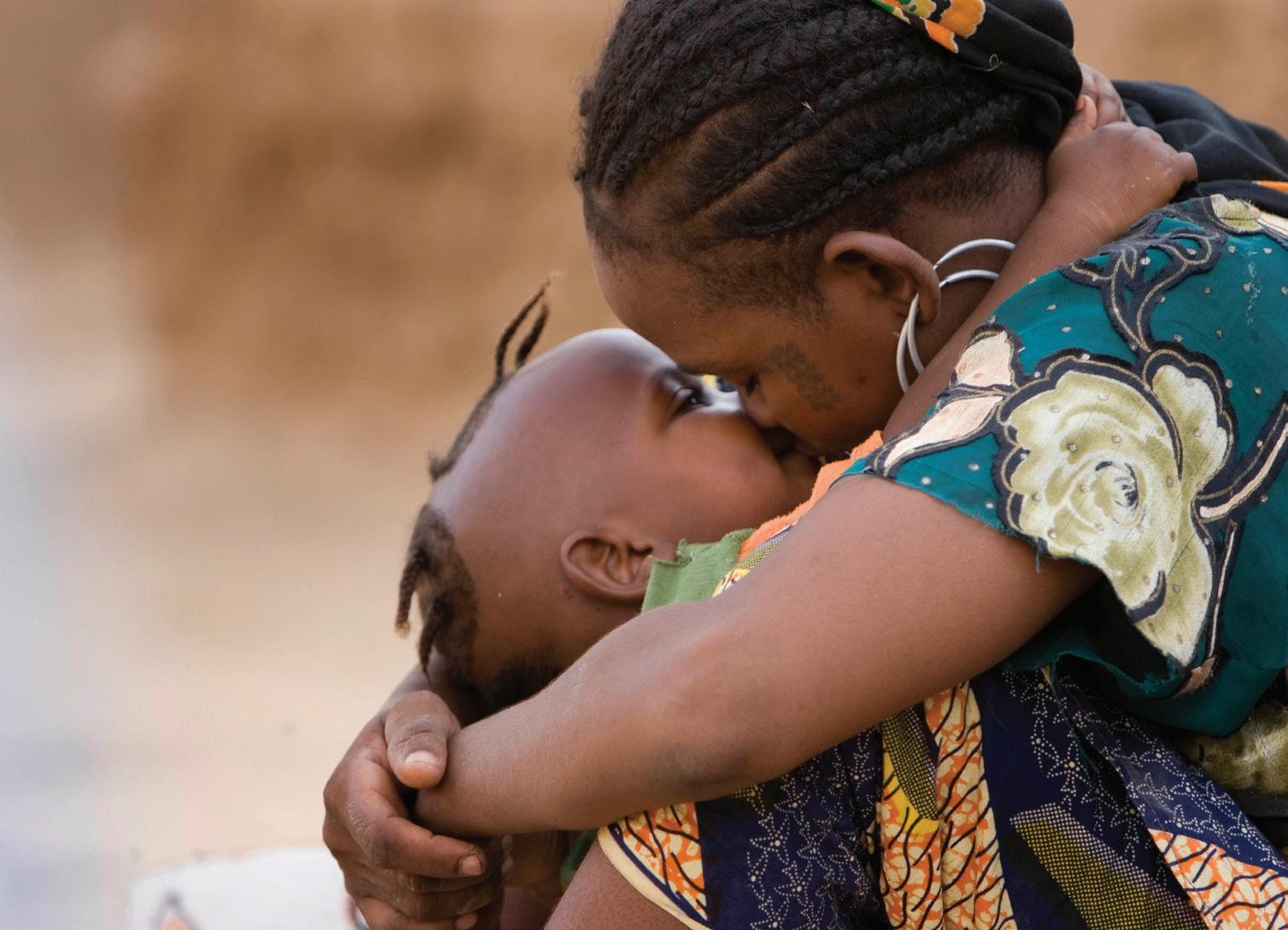
Yet, not all women with fistula suffer the ostracism as Aïsha does. Creative coping strategies allow many to manage
• Open the eyes of his Church to see these, his unseen daughters.
• Reveal his great love and compassion to each woman who suffers with fistula today.
• Encourage those seeking to serve these women with healing and hope.
• Provide the resources to carry out the ministries that care for those with fistula.
the leakage and resulting odour. Though this brings discomfort and requires vigilance, many successfully hide their condition for years, often with the support of one or two others.
Fistula victims desperately need the good news of Jesus Christ, who welcomes them into his family, loving them as his very own. His sacrificial death and resurrection create a new community, free from rejection. And He has chosen his Church to be his physical presence, gently caring for this marginalised group. So mission medical centres across Africa offer a variety of services, from prevention programmes to surgical repairs, from trauma care to skills training.
Christ calls us to see the “invisible” ones and bring them his message of hope, through practical care and the healing words of truth.